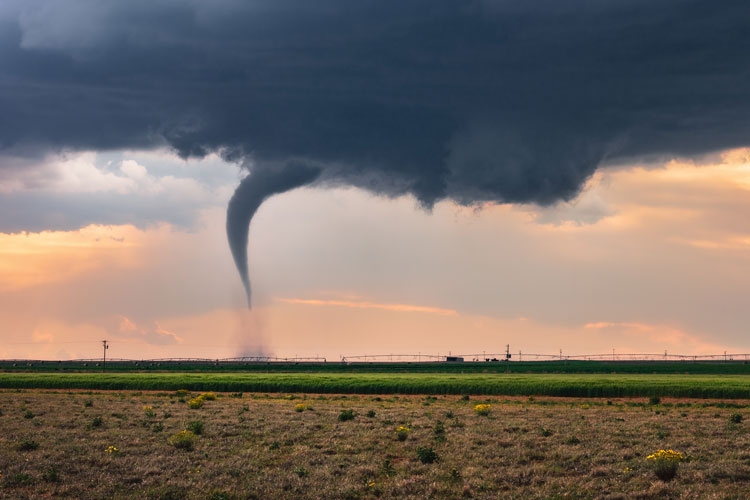
Part of running a dairy means being prepared for crises of any kind. Food safety, animal welfare, natural disaster, economic collapse, and chemical contamination are just some of the potential problems a farm may face. Adam Brock, vice president of food safety at Dairy Farmers of Wisconsin, considers crisis preparedness to be an essential component of every agricultural operation. In a webinar put on by Penn State University Extension, Brock provided concrete examples of food safety crises and ways in which one may develop response plans for their business.
Safety crises may be specific to a region, industry, or situation, making it imperative for every organization to have protocols in place that are particularly suited to address that business’ challenges. For instance, while any farm may encounter a natural disaster, only those in an area prone to tornados will have to have a safety protocol in place in the event of a tornado.
To do this, conduct a risk assessment of events that could cause a food safety crisis in your area and on your farm, and address them individually. Brock also emphasized knowing the contact information for emergency response teams in your area before a crisis occurs as a preventative measure.
To be further proactive about food safety crises, Brock advised having both an operational recall plan and a communications action plan in place. How a company handles media inquiries can have a significant impact on their future image and economic success. Appoint a spokesperson, he suggested, and create a “message map” that explicitly outlines response strategies. These message maps may include hypothetical questions and concerns, key messages to emphasize, and supporting information.
“Stories spiral out of control very quickly,” Brock said. “You have to be transparent with the issue, but you don’t want to sound like you’re generating information from a PR agency. You can tell if someone doesn’t sound genuine.”
“These things might sound basic, but we do forget about them,” he added. “Take the time to analyze and practice and build up from there.”
This fine line between transparency and pragmatism may sound tricky, but as long as you plan ahead, practice your responses, and — should a crisis in fact occur — stay calm throughout the aftermath, you’re on your way toward effective crisis management.








